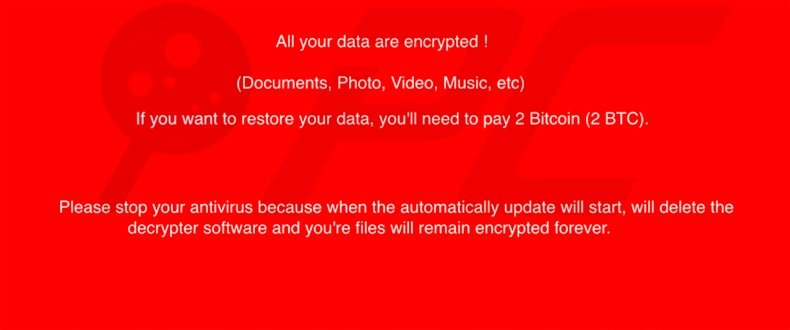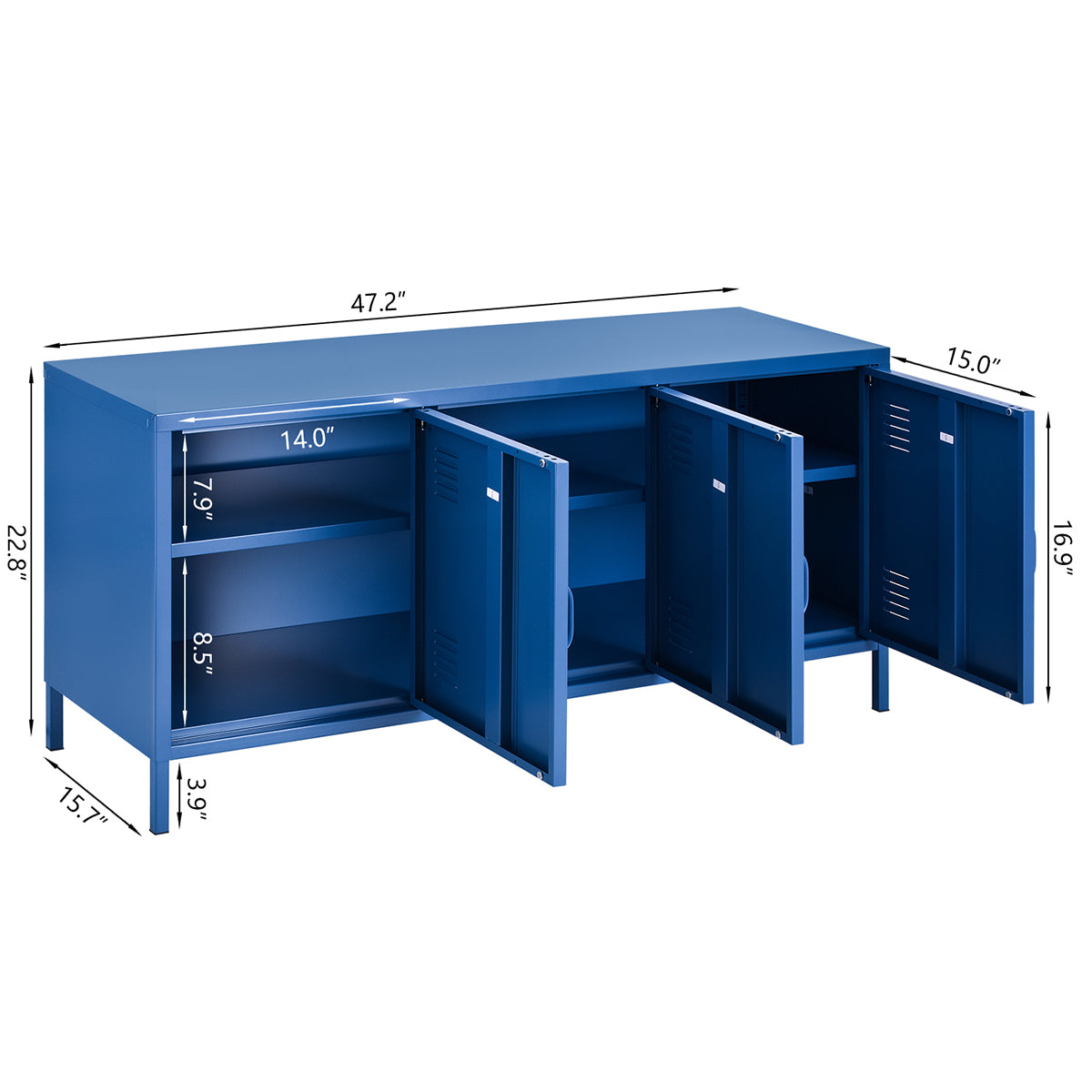
Regular expressions are more efficient than pattern matches, in terms of CPU usage. matches all IP addresses from 1.1.1.1 to 1.1.1.9. The regular expression: (matches URL paths such as, and.When you create a regular expression to match URL paths, do not include the leading “ Regular expressions support wildcards used in shell scripts. com, or any other three-letter combination of one letter from each bracket, in order. Regular expression matches use a Perl-compatible regular expression to make a match. For example, to match all the websites at 1.1.1.1 on port 8080, set the directory to “*”. To enter a network address, use a pattern match that ends in a wildcard. You can use more than one wildcard in one pattern.įor example, the pattern will match all URL paths on the website. Use the wildcard symbol, *, to match any character.

Pattern matches match a pattern in the URL or IP address, for example “pattern” in Make sure to drop the leading “ and include “/*" at the end. For example, if you enter an exception to allow as an exact match only, and a user types “the request is denied. You cannot use wildcards, and you must type each character exactly as you want it to be matched. This means that you cannot create a WebBlocker exception to deny specific queries.Įxact matches match an exact URL or IP address, character by character.

WebBlocker does not include query strings (the part of a URL that starts with the ? character) in the categorization request it sends to the WebBlocker Server.

You can add a WebBlocker exception that is an exact match of a URL, a pattern match of a URL, or a regular expression. If you want WebBlocker to always allow or always deny access to a website, regardless of the content category, you can add a WebBlocker exception for that site.


 0 kommentar(er)
0 kommentar(er)
